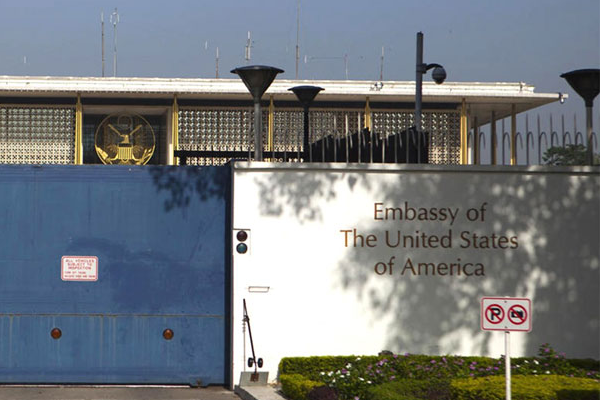Did you like my article? Like me on Facebook to see more articles like this in your feed.
( LLM, MBA, (UK), PhD, AIMA, AFAI, PHD Chamber, ICTC, PCI, FCC, DFC, PPL, MNP, BNI, ICJ (UK), WP, (UK), MLE, Harvard Square, London, CT, Blair Singer Institute, (USA), WILL, Dip. in International Crime, Leiden University, the Netherlands )
President, Supreme Court Life Member Bar Association
Advocate & Consultant, Supreme Court of India & High Courts
4CSupreme Law International, Delhi, NCR. Mumbai & Dubai
Director, International Council of Jurist, London
Member, World Independent Lawyers League (WILL)
Veteran Journalist
National General Secretary & Spokesperson, Lok Janshakti Party (Ram Vilas), NDA Govt led by PM Modi.
Tel: M- 91- 9818320572. Website: www.4Csupremelawint.com, www.drajaypandey.com. News: www.supremelawnews.com
615, Indra Parkash Building, 21, Barakhamba Road, Connaught Place, New Delhi-110011
236, New Lawyers Chamber, Supreme Court of India, New Delhi-110011
Panel Lawyer for Dr. Bhim Rao Ambedkar National Law University, Sonipat, Haryana, @Supreme Court, Punjab National Bank, Small Industrial Development Bank, (SIDBI), Central Bank and Energy Efficiency Services Ltd, GOI.
Trending around the web:
If You Want a Mercedes in 6 Months, Join Bollywood — Not the Bar": A Brutal Reality Check Every Young Lawyer Needs
Criminal Law Isn’t Just Practice—It’s War: Confessions of a Supreme Court Advocate Who Can't Quit the Battlefield
If You Want a Mercedes in 6 Months, Join Bollywood — Not the Bar": A Brutal Reality Check Every Young Lawyer Needs










